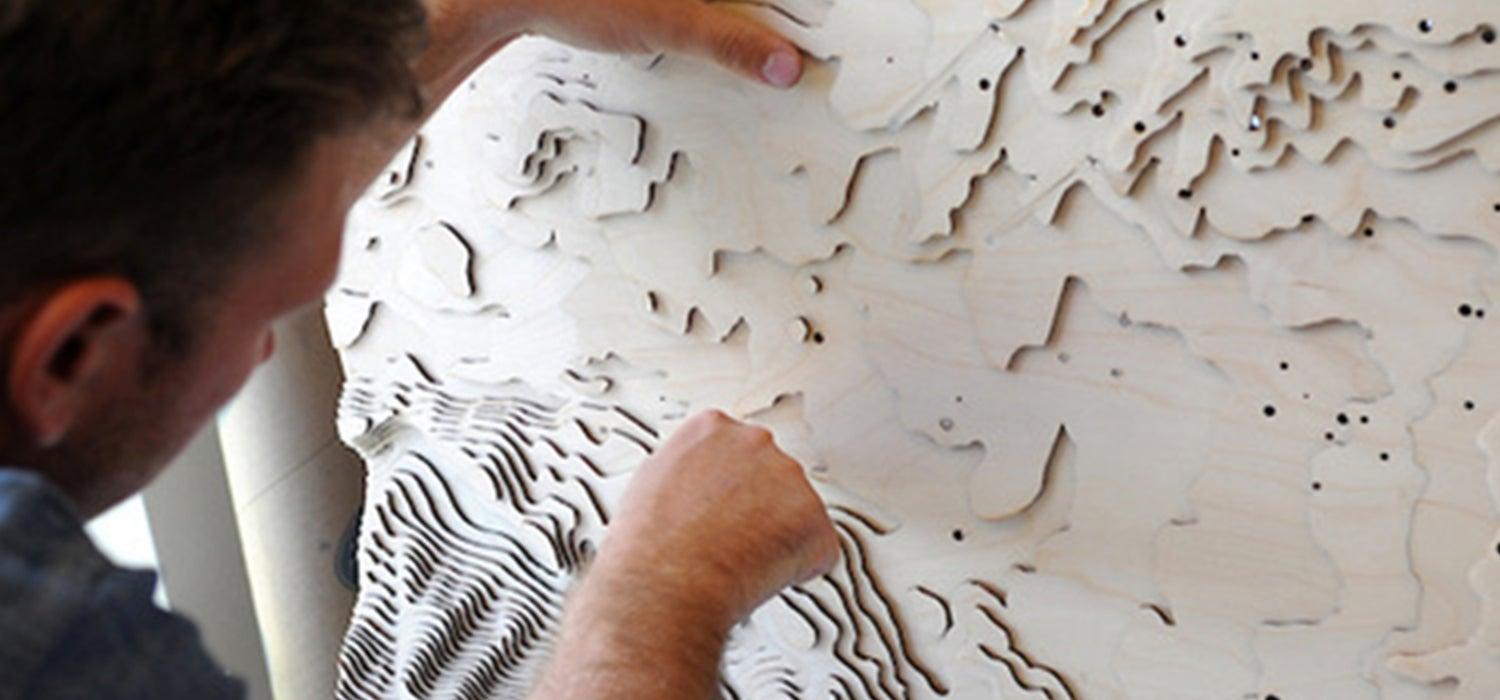
The Graduate College presents how ASU prepares graduate students for a changing professional landscape
The Western Association of Graduate Schools (WAGS) hosted their 2018 conference in Las Vegas, where Shannon Lujan and Jennifer Rhodes from the Graduate College co-presented ideas on the future of graduate education and the programs needed to prepare students.
WAGS, the Western regional affiliate of the Council of Graduate Schools, focuses on graduate education and works with institutions of higher education in the western United States to boost standards and research for graduate programs. The theme for this year’s conference was “Graduate Education in a Changing Landscape,” which focused on what graduate education is going to look like 60 years from now.
The conference, which attracted 160 graduate administrators and faculty, narrowed in on the challenges of graduate education, such as recruiting, funding, recognizing the important role TAs play, and advocating for graduate education beyond campus walls.
Shannon Lujan, program manager at the Graduate College, said that an increase in public communication, greater interdisciplinary habits, and more attention to professional development may be the key to keeping up with this changing educational landscape.
In their presentation, titled “Preparing Faculty and Scholars of the Future: PFx and Knowledge mobilization,” Lujan and Rhodes highlighted the ASU Graduate College’s approaches to prepare graduate students to be master learners and expand professional opportunities.
“At ASU, the Graduate College is already looking to the future with programs like Preparing Future Faculty and Scholars (PFx) and Knowledge mobilization (KM) Studio. We help graduate students and postdoctoral scholars think about the value of their degree and what they’re doing to turn their deep knowledge into a profession that can have real impact on the local and global community,” Lujan said.
Rhodes presented on knowledge mobilization — a term originating in the Canadian university system around the 2001. “Only about two attendees had ever heard the term knowledge mobilization before,” Rhodes said. “I was glad to be able to introduce the audience to what we believe is an important concept for the future of higher education; as well as to highlight ASU’s unique knowledge mobilization initiatives centering on research use, accessibility, and impact,” Rhodes said. “Several attendees had a great deal of positive feedback, especially on our recently produced video featuring 2017 Knowledge mobilization Impact Award participants Dr. Jesse Senko and Erika Soltero.”
Their presentation was part of a larger session entitled, “Professional Development for Retention, Progression, Completion, and Success: Facing Challenges, Seizing Opportunities,” which included presenters from the University of Nevada, Las Vegas (UNLV), as well as the Associate Vice President of Research and Policy Analysis for the Council on Graduate Schools (CGS), Hironao Okahana.
Lujan’s biggest takeaway from the conference was that more discussion is needed regarding what graduate students can do with their degree after graduation, as well as how they can be policy changers in the world regardless of their career track.
“Graduate students are helping support faculty research, they’re instrumental in shaping the university of the future, and we want them to leave the university prepared to take their knowledge forward in the world,” Lujan said.
Conferences like WAGS stress how vital graduate education is and how universities like ASU work to recognize the impact graduate students make.
More stories from the Graduate Insider

Graduate education is an adventure
About eighteen months ago, I set out on a journey walking the islands of the Dodecanese during a sailing trip in Türkiye and Greece with several friends. Along the way, I found winding paths, timeless villages and breathtaking views of sea and sky. That experience got me thinking about how adventure shows up in other parts of life, especially in learning.

Finding your flow: Managing the graduate writing process
Graduate writing can feel like a marathon—long, demanding, and full of unexpected detours. But as Tristan Rebe, Program Manager for the Graduate Writing Center, reminded students in the Grad15: Managing the Writing Process webinar, writing is not about perfection—it’s about progress. “The best dissertation is a done dissertation,” Rebe said, quoting Robert Frost: the best way out is through.
